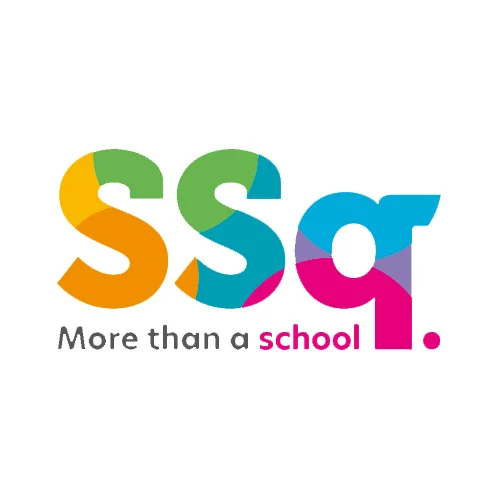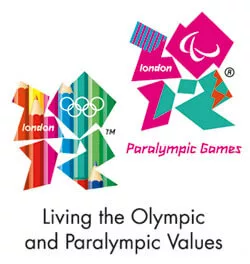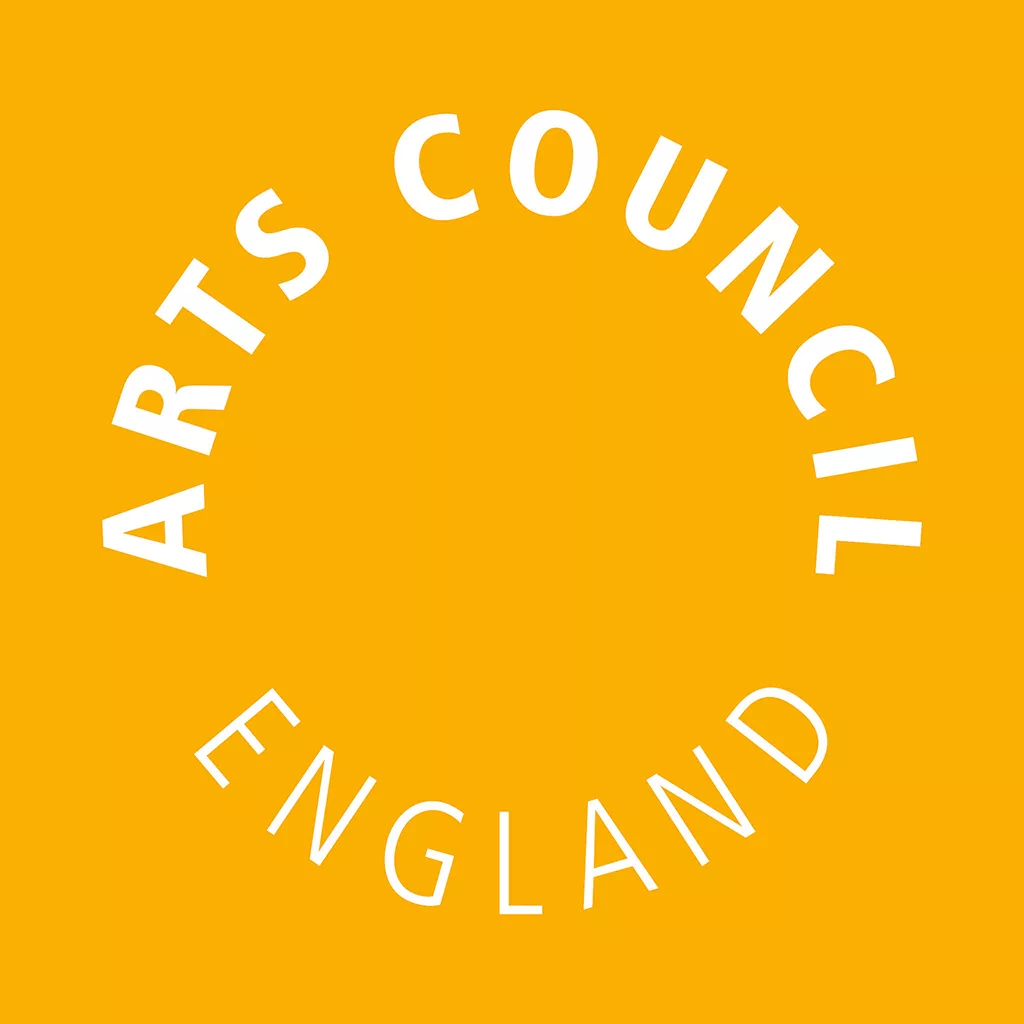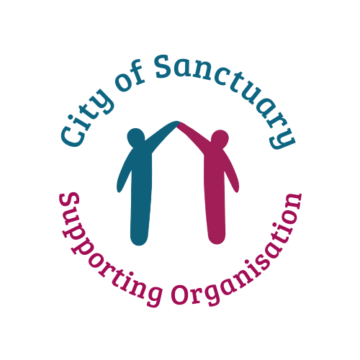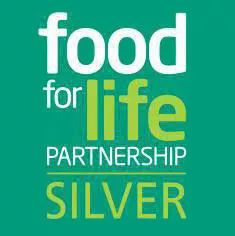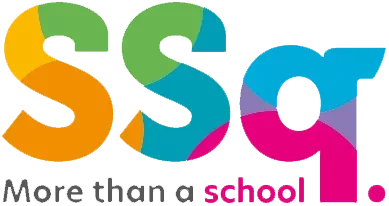Our projects
At Surrey Square, our curriculum is driven by purposeful outcomes, is relevant to each
and every child and is expansive beyond the national curriculum so that our children
will know more, do more and BE more!
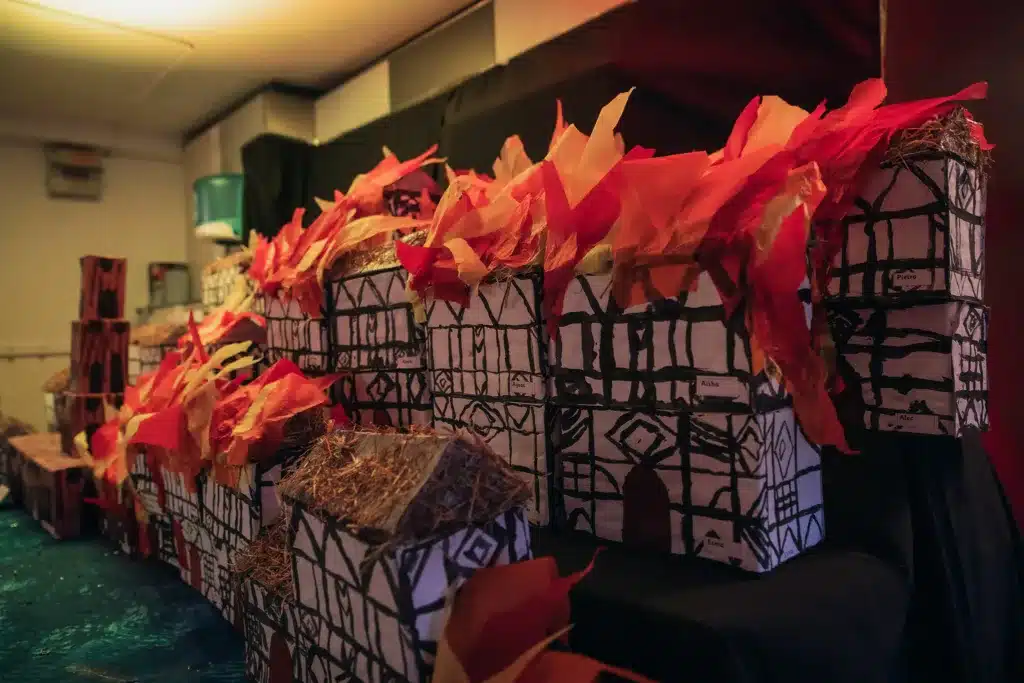
Why do we do projects?
- Through genuine ‘Listening’ to communities.
- Through creating something that has an impact in school and beyond.
- Through having an authentic audience.
- Through being part of a real campaign
- Through creating a tangible outcome that an audience can view and appreciate
- Through solving an authentic problem.
- Through the redrafting and critiquing process
- Through being open to feedback and being reflective
- Through sharing learning with others both in and out of school., engaging with the wider community.
- Through gratification of achieving something, solving a problem, sharing new or hidden skills.
- Through tailoring project planning to engage the children’s passions.
- Through identifying and incorporating interests of both children and staff.
- Through keeping the project relevant/modern/current.
- Through utilising strengths/passion/expertise within the school.
- Through incorporating technology as much as possible.
- Through intentionally tapping into current trends.
- Through utilising the Makerspace and appropriate resources.
- Through ensuring quality trips/visitors/experiences planned in the cycle to broaden horizons.
- Through promoting communication through Oracy.
- Through using Foundation Subject skills progression documents to ensure rigour in planning.
- Through project tuning where subject leads offer their expertise.
- Through creating projects with staff and children’s interests in mind.
- Through changing and adapting essential questions.
- Through project tuning sessions.
- Through building in time to reflect on projects to build on the learning – Bigger, better each year!
- Through a rigorous planning process identifying the subject disciplines that will be combined.
- Through incorporating T4W and guided reading to support and enhance the project content.
- Through encouraging oracy techniques through drama, videos and presentations
- Through intentionally planning how to develop these skills through the projects.
- Through using progression frameworks for these skills.
- Through products being made in pairs or small groups.
- Through building on prior skills.
- Through critique and peer assessments.
Night at the Museum video overview
Our three annual projects
Community Organising Project
The children follow the CitizensUK Community organising cycle to listen to their community, plan an action, make it happen and see the difference it makes.
Project focus
Making a difference
Skills: Communication
Why this focus?
We believe that the children should be empowered to build a better world for themselves and others. We want to give them the practical tools to do this and show them how it is done. Developing self-efficacy gives children a powerful belief in themselves that will have a positive impact on their personal and academic development.
History Project: Night at the Museum
An interdisciplinary project combining History with another subject discipline. The drafting and critiquing process leads to a high quality final product that is exhibited in a Museum style exhibition.
Project focus
Critiquing and Exhibition
Skills: Redrafting and giving feedback
Why this focus?
We believe that giving and receiving feedback is a critical part of the learning process. We explicitly teach how to critique in a kind, specific and helpful way. Being able to redraft work based on this critique enables children to see the power of this process. Exhibiting the final product creates a sense of pride, excitement and purpose.
STEAM Project
An interdisciplinary project combining science, technology, engineering, art and maths. The project involves creating something that will solve a real-life problem.
Project focus
Problem solving
Skills: Creative thinking, Team work
Why this focus?
Collaborative problem solving is a skill that we believe the children need to develop. Working as a team and thinking critically and creatively enables children to use and apply the knowledge from these separate subject disciplines to solve a real world problem.
